{{phone.Value}}
successful admissions
of students enter the university of their choice
students consult Education Index when applying for universites
successful admissions
of students enter the university of their choice
students consult Education Index when applying for universites
The programme comprises a combination of compulsory modules and options, covering a range of relevant study areas, and a research-based or practice-based dissertation. The practice-based modules on this programme are offered in English paired with Arabic, Chinese (Mandarin), French, German, Greek, Italian, Norwegian, Polish, Portuguese, Russian, Spanish, Swedish and Turkish, according to demand.
Translation Issues
This component provides you with a framework for understanding important aspects of translation and translating, drawing on key concepts from text linguistics, discourse analysis, semiotics and terminology studies. It also offers a critical overview of the main theoretical premises that underpin various approaches to Translation Studies. It enables you to apply relevant conceptual tools when tackling specific translation tasks and to develop a framework for analysing, discussing and justifying translation decisions.
Specialist Translation
As a key element, the programme offers a range of language-pair-specific components taught by professional translators. They provide students who have no previous experience of specialist translation with the opportunity to reach an acceptable professional level of translation competence in areas such as business, finance, science, technology and law. Practical introductory sessions on translation methodology are followed by regular language-pair-specific translation practice and background lectures to support each topic.
Ab Initio Language for Translation Purposes
Ab Initio Language for Translation Purposes provides you with the chance to study a new language for translation purposes. It is particularly useful for students with only one foreign language who wish to expand their portfolio of translation languages. In the past we have been able to offer Ab initio Norwegian, Portuguese and Russian. This component will provide you with the basis for independent professional development in the chosen language.
Translation Technologies
This component offers students an opportunity to become acquainted with different types of translation technologies. Classes are mostly hands-on, and take place in a computer lab with individual workstations for each student. Within the broader field of translation technologies, students will become acquainted with translation-memory systems, terminology-management systems, machine translation, corpora for translation and interpreting practice and research, terminology extraction and subtitling.
Cultural Aspects of Translation
The focus in this component is the role culture plays in translation. More specifically it focuses on the linguistic and cultural resources employed by translators in their attempt to serve as mediators of messages, thus helping in the construction of identities as well as in changing recipients' behaviour and worldviews. Relevant areas under examination include advertising (audiovisual, printed), literature (comic books, fiction, poetry, drama), tourism, politics and journalism. This component is suitable for students with different language backgrounds.
Research Methods in Translation
This component provides you with the means to initiate and carry out own research projects in Translation Studies. It will help you to understand of how to link research questions with methods and data, and will enable you to present the outcomes of your research in an effective way. You will also develop critical reading and evaluation skills.
Dissertation
For the MA, the dissertation (60 credits) allows you to specialise in an aspect of the programme of particular interest by writing a topic-based dissertation related to an aspect of translation or a translation project with commentary. Successful completion of the dissertation requires close collaboration with a supervisor and good planning and organisation skills.
You will also have access to the MA Translation Seminars, a series of guest talks given by external guest speakers and open to all CTS Masters and PhD students. The talks provide students with insights into the profession from the perspective of practitioners and scholars. The guest speakers include translators, interpreters, subtitles, audio describers; professionals working in public services, companies and international organisations; representatives of professional translator/interpreter associations as well as translation/interpreting researchers.
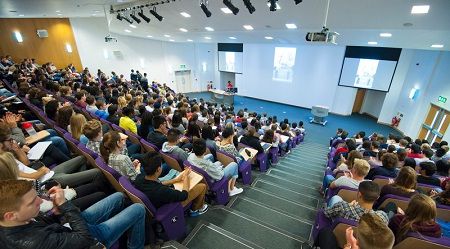
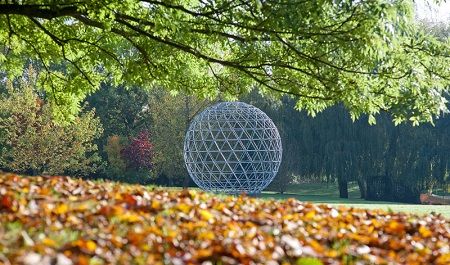
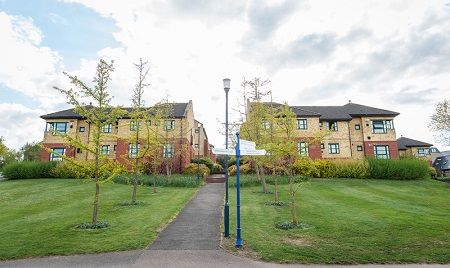
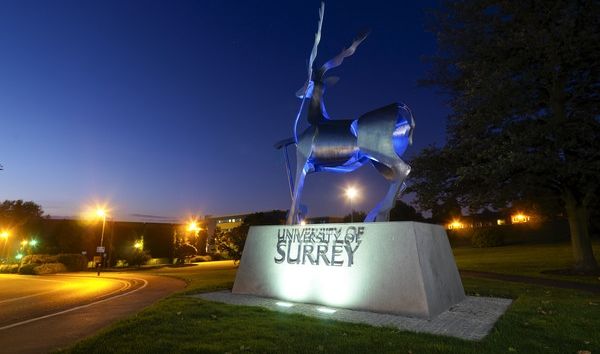
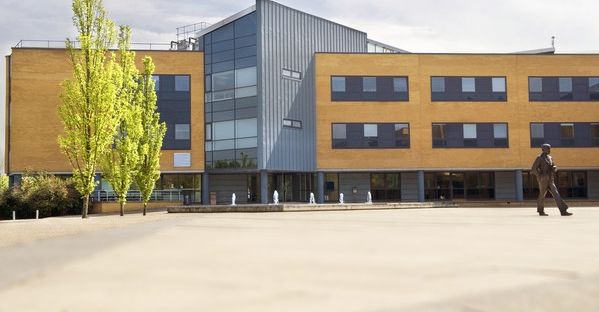
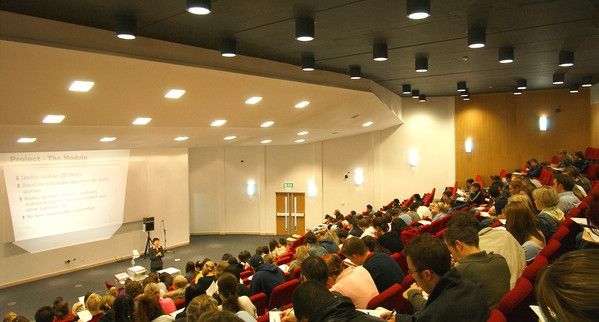
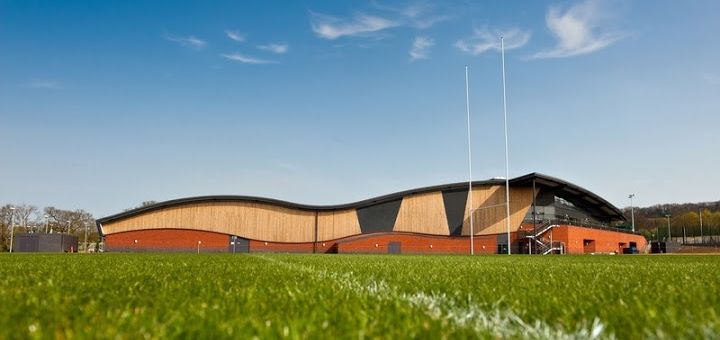
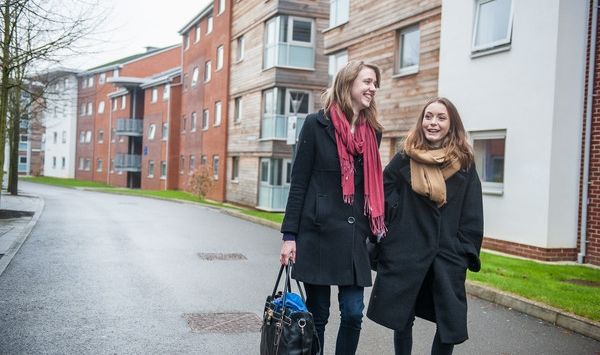

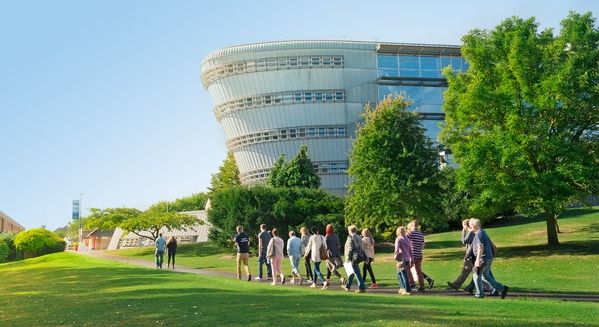
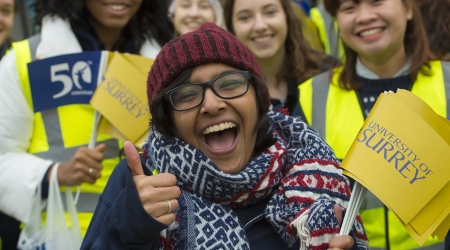
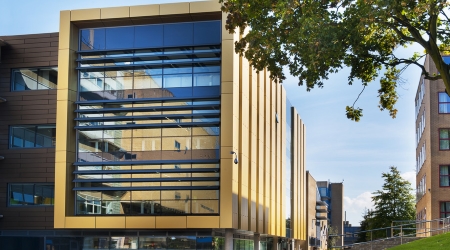
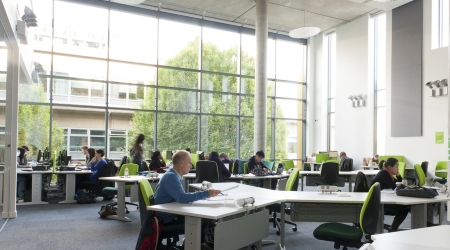
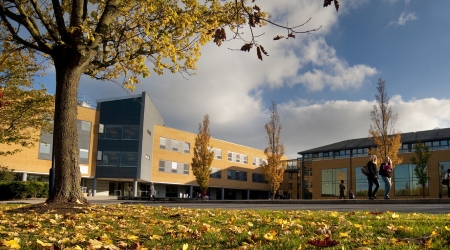


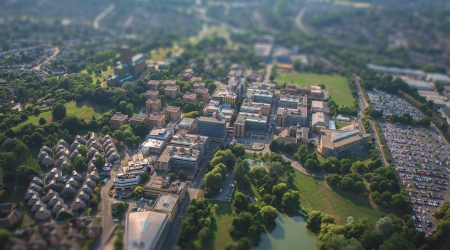
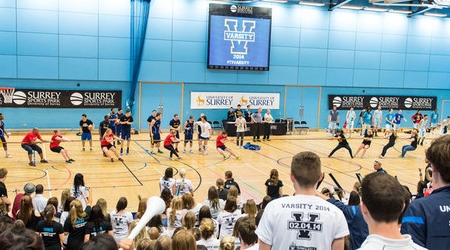

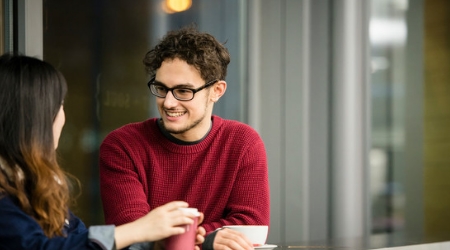
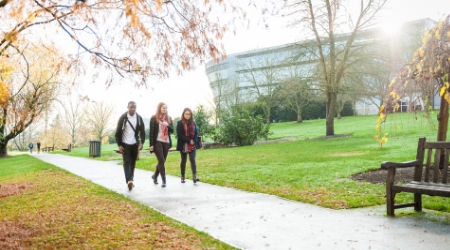
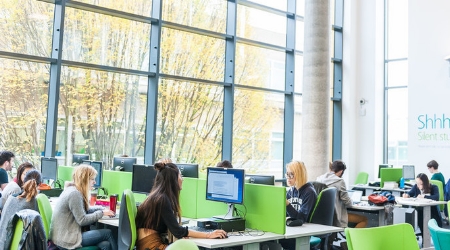
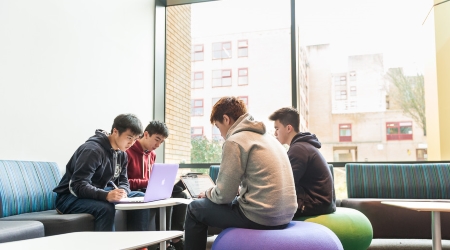


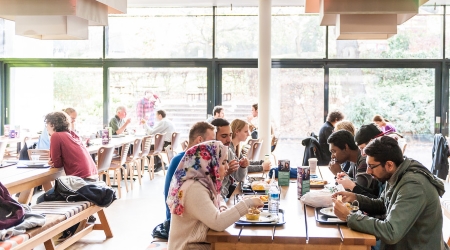
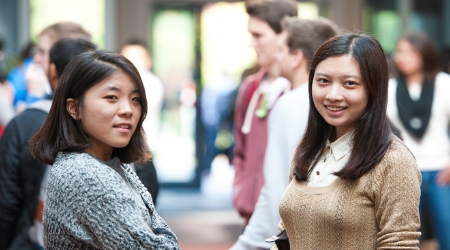
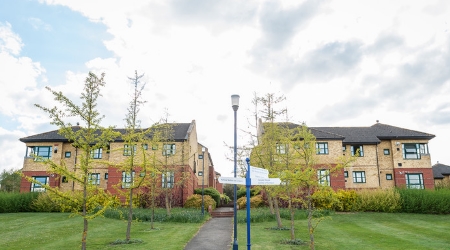
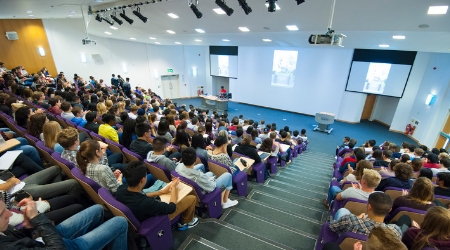
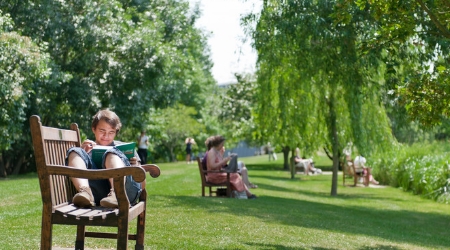
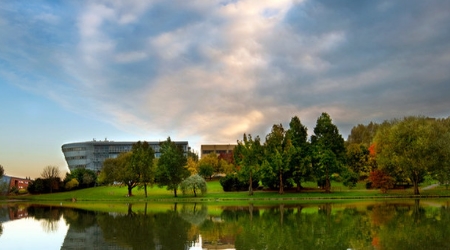
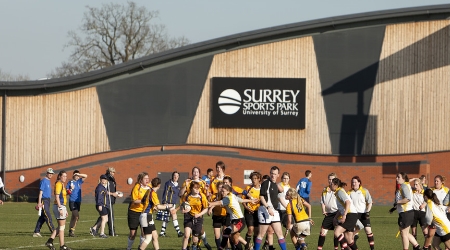
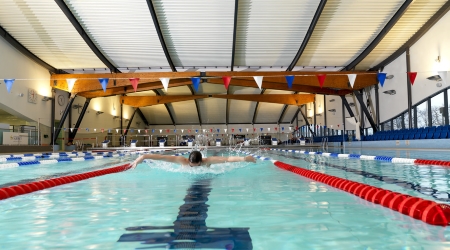
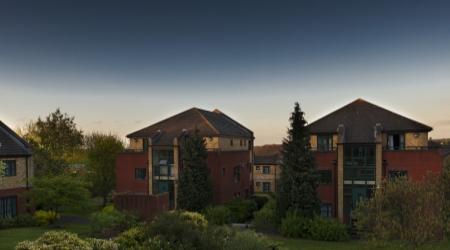
One of the world’s great financial, political and cultural capitals is connected to Guildford by a short, fast, direct train link, so you can be in London for a breakfast and back again well before lunch. And if you need to go further away, you’ll find both Gatwick and Heathrow international airports right on our doorstep. But it’s not just the great transport links that make us the best place for you to be.
Enjoying all the benefits of the Courts of Residence on the Stag Hill campus, the University's accommodation at nearby Manor Park is situated in an area of great natural beauty. Designed as a car-free student village, with a subsidised bus service, Manor Park offers a first-class learning and living environment. In addition Hazel Farm on the edge of Guildford provides an affordable option with the added benefit of a free bus pass valid throughout the town. You can access the University easily from all of our Courts of Residence, whether on foot or by bus.